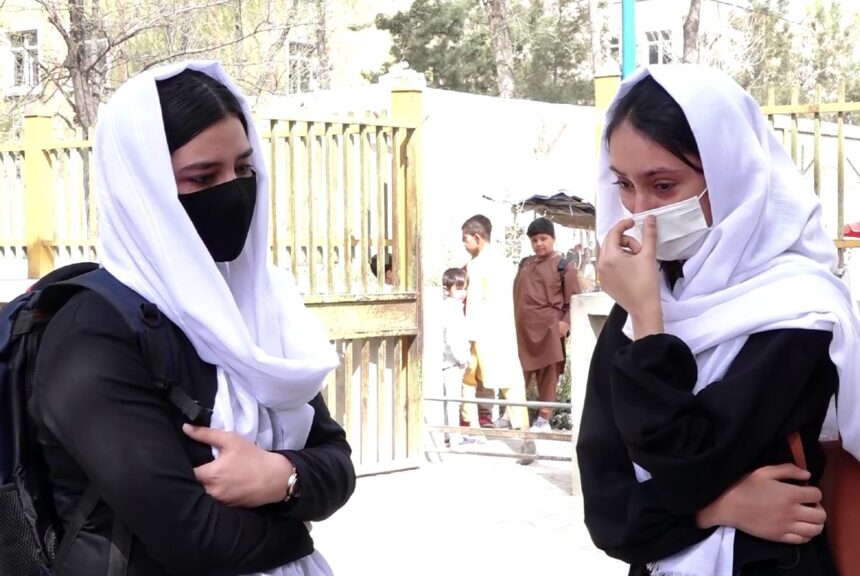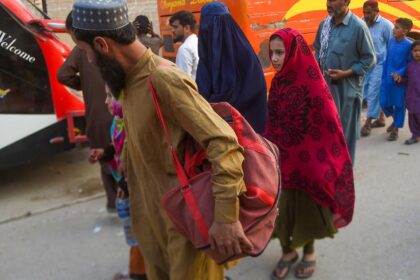RASC News Agency: As school exams in Afghanistan draw to a close this week, sixth-grade girls are bracing for an uncertain future. They face a devastating truth: the Taliban’s decree barring girls from education beyond sixth grade will mark the end of their academic journey. Hope has given way to despair, as these young students grapple with the loss of their fundamental right to learn. Many sixth-grade students express an overwhelming sense of helplessness, unable to comprehend why they are being denied their rights. “We cannot imagine life without school,” they say. Yet the Taliban, steeped in their rigid tribal customs and an unyielding interpretation of religious law, persist in their stance that educating girls is “religiously prohibited.” This draconian policy has drawn widespread condemnation from Islamic countries, organizations, scholars, and intellectuals, who categorically reject it as un-Islamic. Despite this, the Taliban remain resolutely indifferent, adhering strictly to their dogma.
UNESCO has reiterated through its social media platforms that education is an inalienable right and a cornerstone for peace and development. Among the countless affected, Neda, a sixth-grade student from Kabul, shares her heart-wrenching story. As she endures what may be her final days in school, she describes the anguish and uncertainty clouding her education. “We study, but our hearts are heavy with sadness,” Neda laments. “We try to learn, but how can we, when there is no hope of advancing to the seventh grade? Why can boys continue their education, but we cannot? Why us? What did we do to deserve this?”
As annual exams in public and private schools conclude, countless sixth-grade girls will face the grim reality of enforced educational deprivation, victims of the Taliban’s oppressive policies. For three consecutive years, the Taliban have upheld this draconian ban, systematically denying millions of girls their right to education. UNESCO reports that since the imposition of these restrictions, approximately 1.4 million Afghanistani girls have been excluded from schools. In the past year alone, an additional 300,000 girls have joined their ranks.
The future looks even bleaker. UNESCO has warned that if the Taliban’s ban on girls’ education continues until 2030, over four million Afghanistani girls will be deprived of schooling. This catastrophic trajectory not only extinguishes the hopes and dreams of a generation but also threatens to undermine Afghanistan’s progress and potential. The international community must act decisively to end this unjustifiable assault on the right to education and the future of Afghanistani women.






